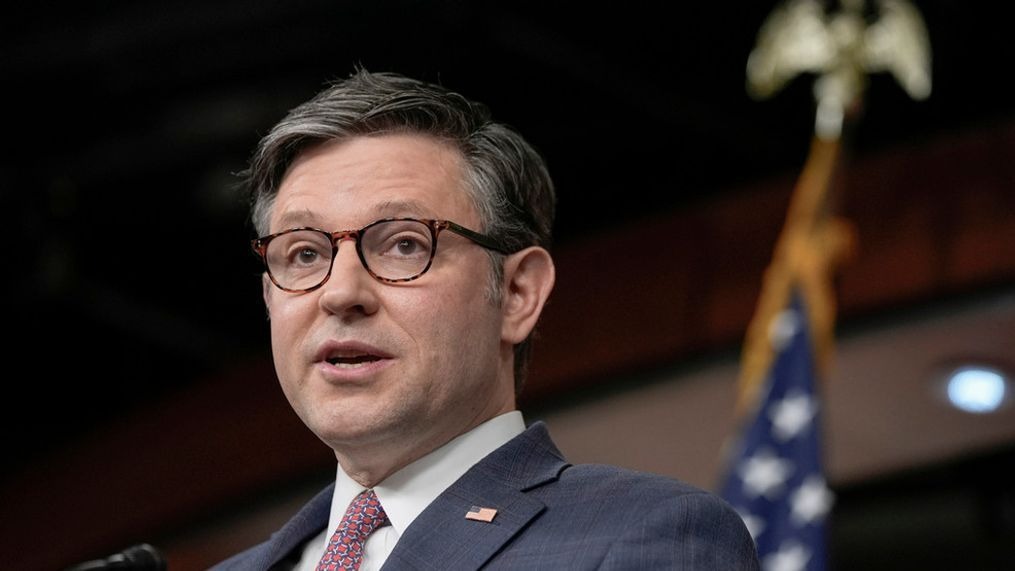House Speaker Mike Johnson is moving forward with a vote on a comprehensive aid package that includes support for Ukraine, Israel, and allies in the Indo-Pacific region. This decision comes despite internal party conflicts and the risk of losing his position as speaker due to the contentious nature of the foreign aid debate among House conservatives.
In an attempt to mitigate some of the conservative backlash and address concerns about the oversight of funds, Johnson has proposed structuring some of the aid for Ukraine as loans, enhancing transparency and accountability measures.
He communicated to GOP lawmakers through a text that the legislative texts would be posted as soon as completed, allowing for a “robust amendment process.” This move aims to keep the legislative process open and amendable, potentially easing some tensions within his party.

The package is set for a vote on Saturday evening, and given the internal divisions within the Republican Party, Johnson will likely require support from Democrats to pass the measures.
Democrats Show Particular Interest in Ensuring Alignment of the Package
However, the Democrats’ stance remains uncertain as they await the specifics of the legislation. They have expressed frustration with Johnson’s prolonged deliberations.
Democrats are particularly interested in ensuring the package aligns closely with a $95 billion foreign aid bill that the Senate passed in February. Their version includes funding for humanitarian aid for civilians in conflict zones such as Gaza and Ukraine, which they consider crucial.
Complicating matters, Johnson faces growing opposition from prominent conservative figures within his party, such as Rep. Marjorie Taylor Greene of Georgia and Rep. Thomas Massie of Kentucky, both of whom have criticized his leadership and are pushing for his resignation.
Their discontent is rooted in Johnson’s perceived reliance on Democratic support to pass legislation, which they argue is out of step with Republican values.

In response to conservative demands, Johnson has also proposed a separate vote on a border security package that echoes much of the legislation previously passed by House Republicans. However, this gesture has not quelled the dissatisfaction among some party members, with Rep. Chip Roy of Texas labeling the strategy a “complete failure.”
The foreign aid bills will also include votes on several necessary foreign policy measures, such as authorizing the U.S. government to seize frozen Russian central bank assets and imposing sanctions on Iran, Russia, and China.
Another particular proposal under consideration is the potential ban of TikTok if its Chinese owners do not divest their stakes, reflecting ongoing concerns about cybersecurity and foreign influence.
As the vote approaches, Johnson’s leadership is being tested as he navigates the complex dynamics of bipartisan cooperation, conservative opposition, and the strategic necessities of U.S. foreign policy.


